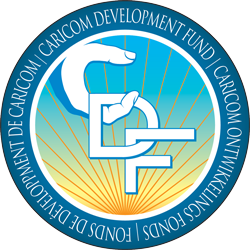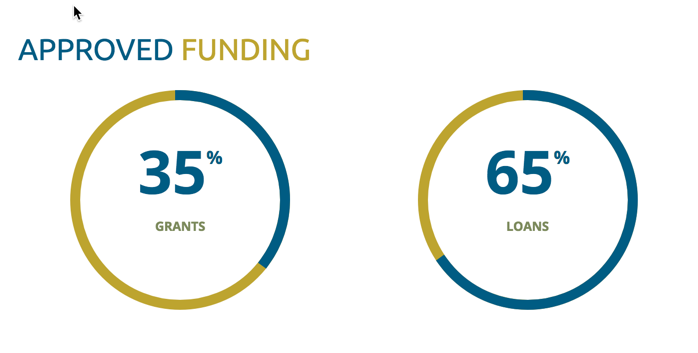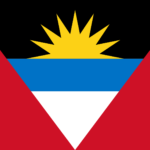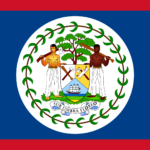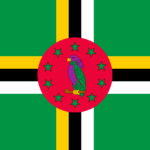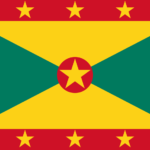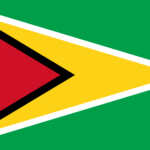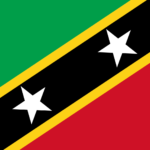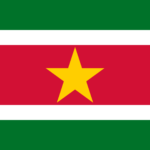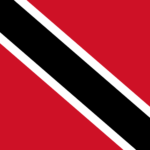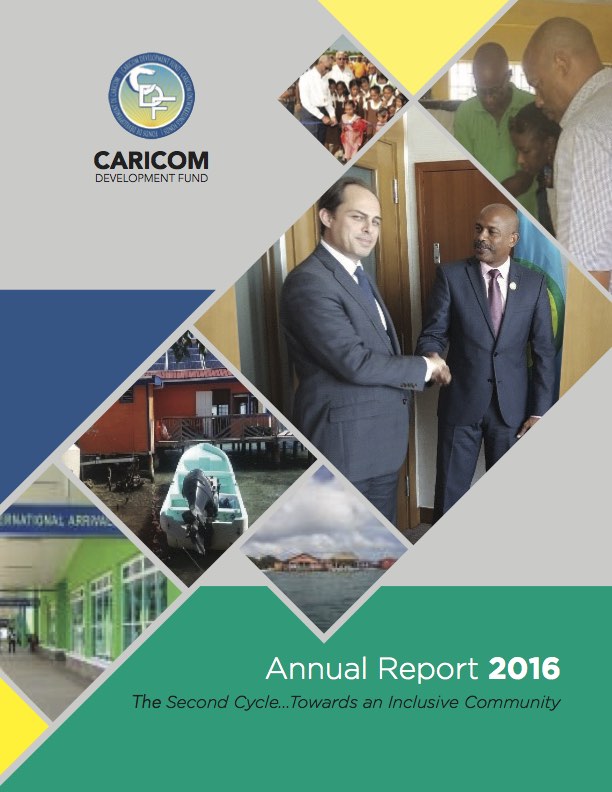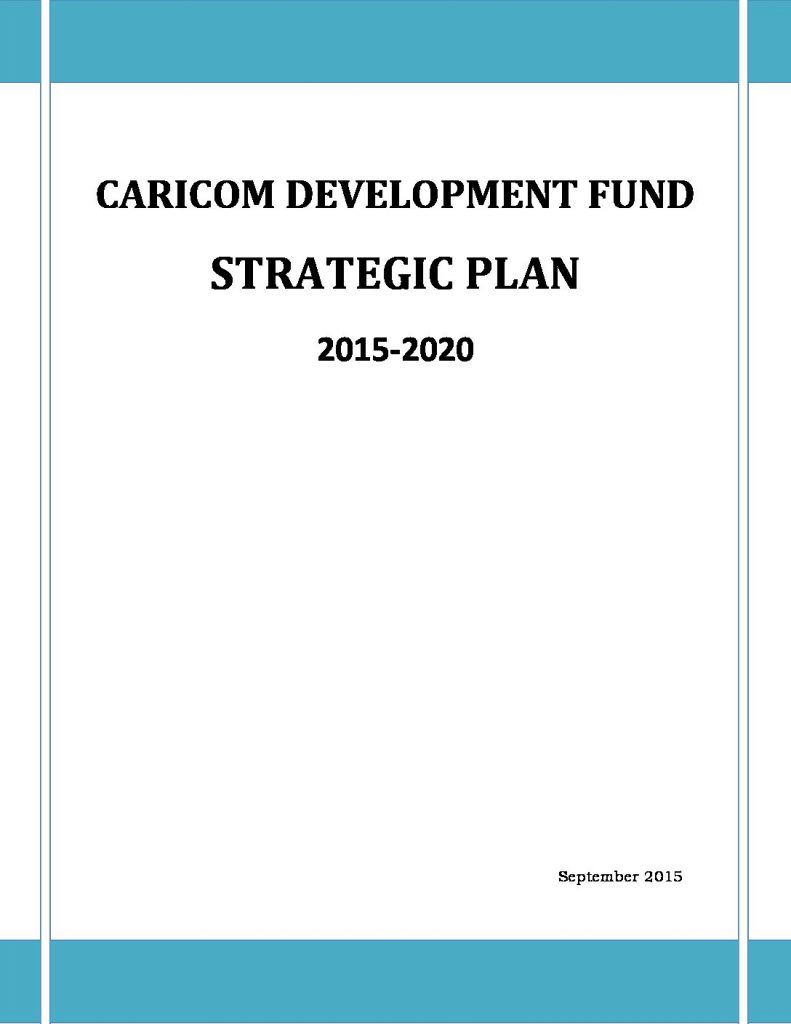CDF to Host First Annual Meeting with Member States and Development Partners

The Board of Directors of the CARICOM Development Fund has approved its first Country Assistance Programmes (CAPs) to the Governments of Belize and St. Lucia to the value of US$3.4million and US$4.9million respectively.
A loan of US$3 million will be extended to the Development Finance Corporation of the Government of Belize in support of Small and Medium sized Enterprises and Micro-entrepreneurs. In addition, a grant not exceeding US$200,000 drawn from the technical assistance resources donated by the Government of Finland will be allocated for “green projects”. Two grants totaling US$175,000 were also approved from Belize’s Statutory Grant Allocation. The first grant will go to the Belize Trade and Investment Services Corporation (Beltraide) for the development of a policy on Micro, Small and Medium sized enterprise development. The second grant will support the Public Sector Investment Programme to develop and implement a functioning Management Information System (MIS).
In the case of Saint Lucia, a loan for US$3.7 million was approved for a line of credit to be administered by the St. Lucia Development Bank (SLDB) for on lending to the private sector. It is expected that the line of credit will finance, at a minimum, 62 loans to small and medium sized businesses to enable them to initiate, retrain, retool, expand or diversify business operations and to create additional employment. A US$1.1 million grant was also approved to finance the Establishment of a Trade Export Development Agency (TEDA) in St. Lucia.
Both approved Country Assistance Programmes were developed in consultation with the stakeholders in the two countries and are consistent with the Member States’ development objectives as well as the mandate of the CDF. The Country Assistance Approach where the CDF and the individual Member States agree on cluster of related activities as opposed to the “project by project” approach is more proactive and responsive to Member States. The programming approach to the delivery of assistance will result in administrative cost savings and the optimal use of staff time. It is also in keeping with best practices for delivery of technical assistance.
In elaborating on the Board’s decision to Member States, the Chief Executive Officer, Ambassador Lorne McDonnough, has informed that the CDF is scheduling negotiations in respect of Country Assistance
Programmes with the remaining OECS Member States and Guyana in order to complete the assessment and disbursement process. This initiative, he said,” will allow the CDF to roll out the Country Assistance Programmes in an expedient manner once the Member States are compliant in accordance with the Agreement governing the operations of the CDF”.
To ensure that there is an equitable disbursement of the resources to all potential beneficiary countries of the CDF, McDonnough emphasised that the CDF Country Allocation Model is being finalised for Board sign-off. This will eliminate the possibility that any Member State could have access to a disproportionate share of CDF resources at the expense of other potential beneficiaries.
